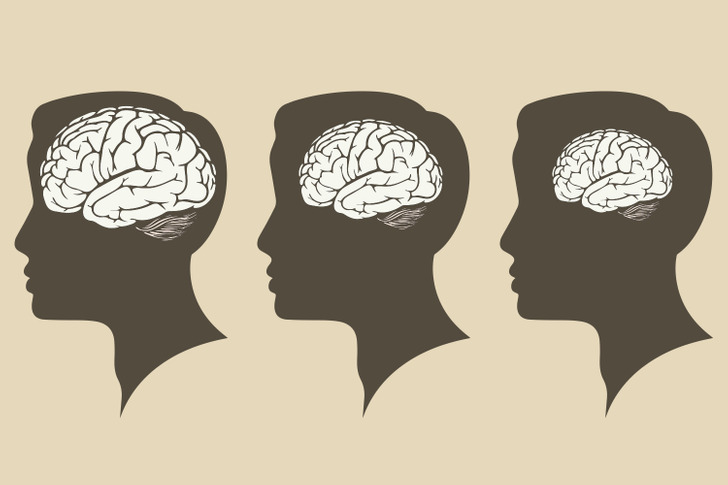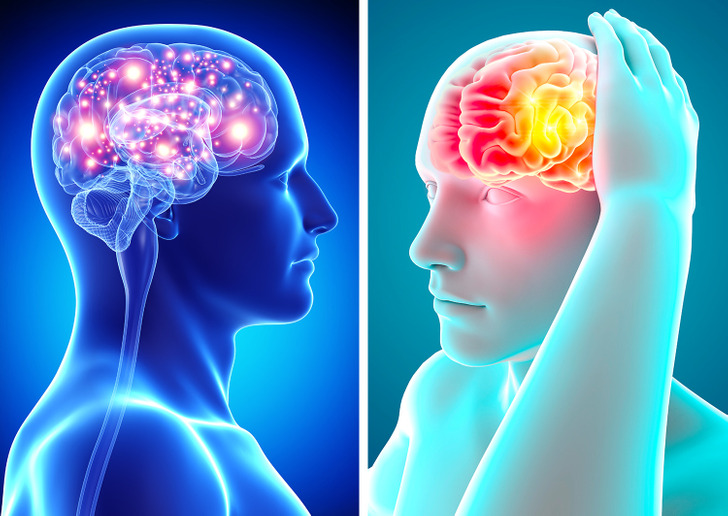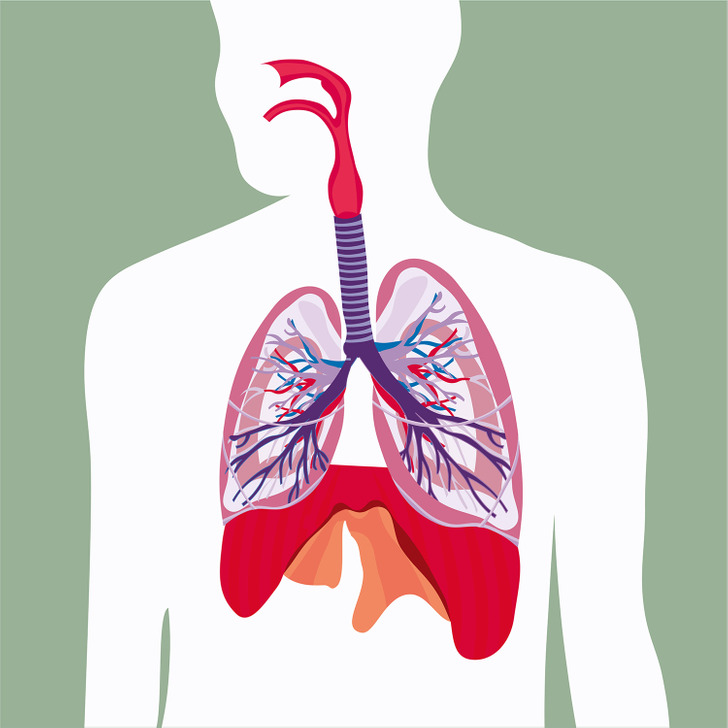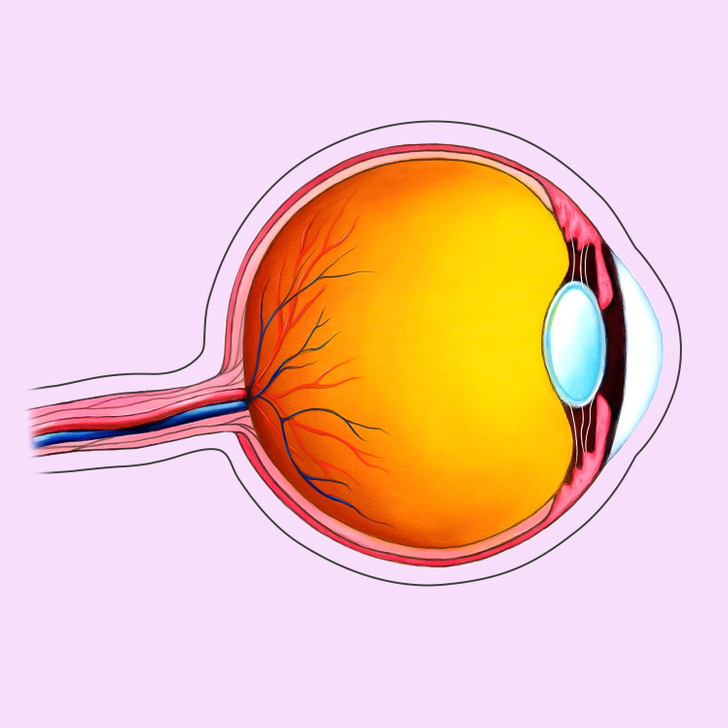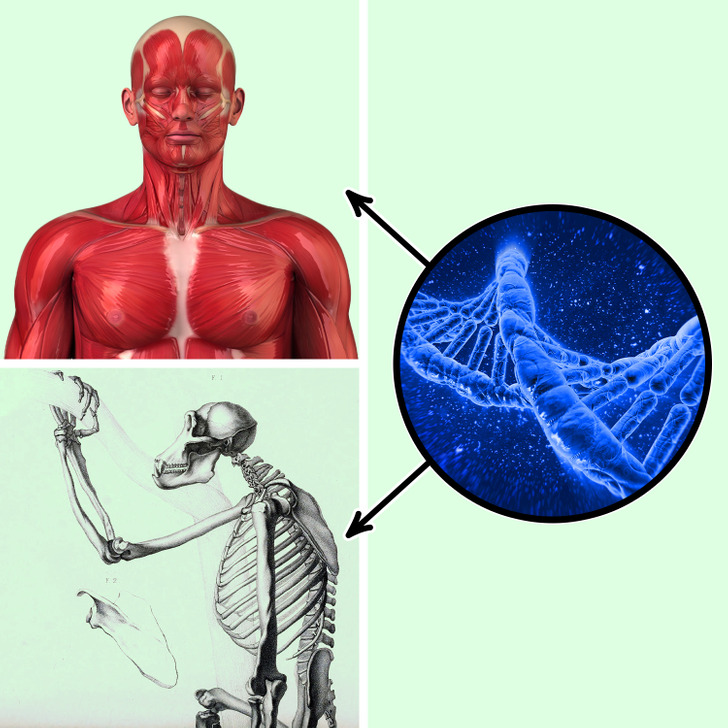The one fact that was surprising to me was the one about tattoos.
8 Jaw-Dropping Facts About the Human Body That You Probably Don’t Know Yet
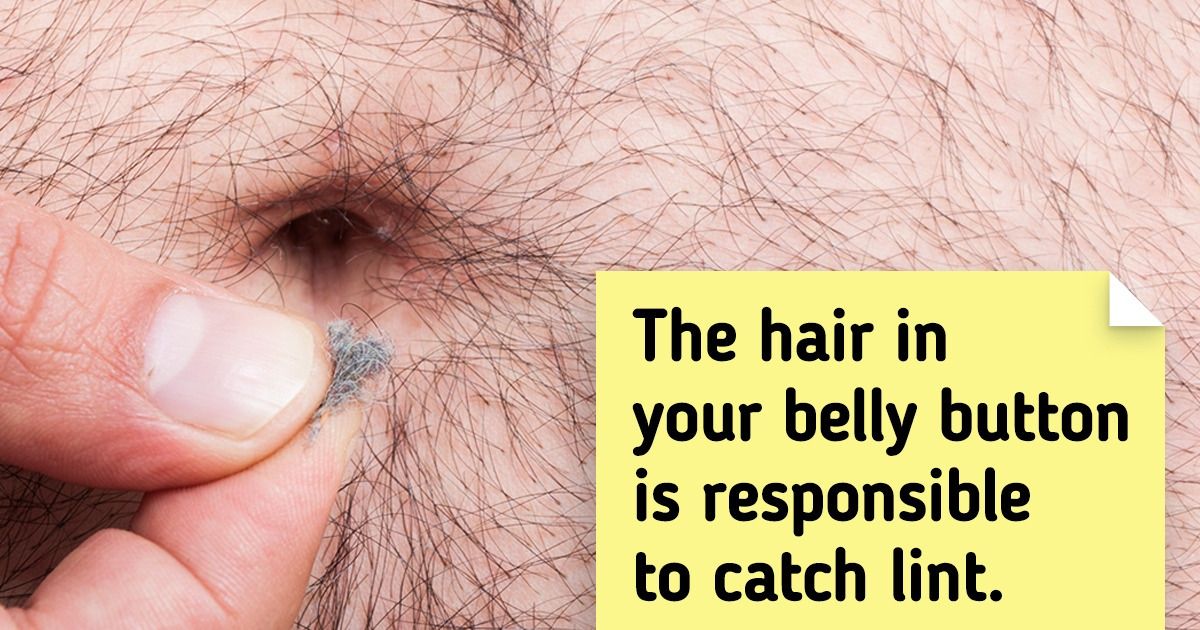
The human body is as complex as it is fascinating. Our tiny little systems interact with each other in a chain reaction of responses, caused either by the environment or through our own personal decisions. It has been studied for thousands of years, and yet we are still discovering new things about it.
That’s why we at Bright Side want to take a look at these 8 jaw-dropping facts that you’ve probably never heard before.
1. Your brain shrinks as you age.
Your brain starts to shrink when you’re in your 30s or 40s, and the rate of contraction speeds up when you’re 60. Some parts of your memory decrease faster than others. Other areas diminish quite quickly, more than those around them, and this is likely to get worse as you get older.
Even though aging is inevitable, you can help your mind stay healthy by being active, eating properly, and discussing any concerns with your doctor.
2. The hair around your belly button is responsible for catching lint.
Lint in the belly button comes from hair on the stomach. Scientist Sejal Shah says that navel dirt is made up of dead skin cells, clothing fibers, sweat and oil residue, and other debris. Because men have more hair in that area, they have extra belly button lint. Soren White, a board-certified dermatologist in New York City, states that people with inner tummy fat, where fibrils can get stuck, usually only have to worry about lower abdomen fluff.
Sejal Shah implies that humans with thicker, longer body hair are more likely to find impurities on their stomach. Women are less likely to have it, since the hair on their stomach is usually finer and shorter than men’s. Still, both White and Shah conclude that this is much less feasible if you clean your belly button often.
3. You cannot smell when you’re in the dreaming phase.
Rachel Herz is a psychiatry professor at Brown University, and she has led trials to try to understand more about the REM (rapid eye movement) period of sleep, which is the phase when dreams occur. She has observed that people in the REM state cannot smell anything. She explains, “You are not awakened by the aroma of coffee. You are evoked by the taste of it. ”
She concludes that when you are hallucinating, you can’t detect anything since you are unable to use your sense of smell to connect to the actual world. She does note, however, that if we partially revive from a vision and sniff something, we may wake up if we enjoy the fragrance, like being woken up by the smell of coffee. According to her view, the scents you experience in your imagination are created in your brain and do not originate from the outer world.
4. Your strongest and most emotional memories are often fake.
While we may believe that our memories are like a camera that preserves every incident in exquisite detail, exactly as they occurred, the unfortunate reality is that they are more like a collage. You put pieces together haphazardly, perhaps with embellishment or outright lies.
People don’t always see things in the best way. Sometimes we observe objects that aren’t there and miss easy-to-notice specifics that are right in front of us. Most of the time, folks get the wrong idea because the information wasn’t coded correctly in the first place.
For example, someone could watch an event happen but not know all the facts. Since they didn’t spot everything that happened, it can be hard or even impossible for them to say what occurred. To fill in the “gaps,” a person’s mind might make up impressions that didn’t really take place.
5. Your left and right lungs are different.
The part of your lung on your left side is split into 2 lobes, while the part on your right side is split into 3. The left lung is also a little bit smaller, to allow room for your heart. Human lungs have more than 300 million air sacs, or alveoli, and more than 1,500 miles of airways.
6. The fastest muscle in your body is the eye.
The eye can move swiftly in all directions, making it the quickest. It proceeds faster than other muscles and can prompt other muscles to move, for example, someone may raise their hands to prevent something from quickly approaching them. Extraocular nerves control eye movement and there are other eye reflexes, but these are the strongest.
The iris is opened and closed by intraocular contractions to let light into the pupil and perform other activities. However, these responses are slower than those of the oculomotor bone. Healthy eyes must blink regularly, it moistens and oxygenates them, and removes the dust and debris. The average movement rate is 15-20 per minute.
7. Tattoos don’t live on your skin, they live in your immune system.
Tattoo ink is placed in microscopic pores under the skin’s surface, which immortalizes the image. Your anatomy reacts to fresh body art in 2 ways, first as innate immune reactions to foreign substances. Getting a new tattoo causes your immune system to send white blood cells to consume intruders and sacrifice themselves to prevent infection.
Immunologists call our body’s response to getting a tattoo, “adaptive.” Blood proteins are wired to combat “bad” invaders, and they stay in the bloodstream to watch for the same attacker, so they’re ready to respond rapidly next time.
8. Your DNA shares its sequence with animals and most of it isn’t human.
Scientists think that, over the course of human evolution, we have picked up about 100,000 pieces of DNA from retroviruses. Primate animals like chimpanzees, gorillas, and orangutans share 96% of our genes. But we are also biologically related to bananas and slugs. We carry 50% and 70% respectively, of their genetic code.
About 99.9% of the genome in every person is the same. We all have different skin, hair, and eye colors because of that tiny 0.1% difference. They also believe that the last 0.1% has important information about how diseases start.
Which fact was the most surprising to you? How many of these did you already know?
Comments
Related Reads
8 Skin Warnings That Can Indicate a Serious Problem

18 Pieces of Advice Worth Giving to a Kid Before They Grow Up

A Girl Born Without Nose, Who Was Called “Voldemort”, Proved Everyone Is Beautiful in Their Own Way

Jennifer Aniston Is Transformed in New Look, Leaving People Stunned

20 Times People Saw Unexpected Things That Gave Them a Good Laugh

18 Photo Ideas That Only Real Desperados Would Dare Repeat

A Cheerful French Girl Illustrates Baffling Moments of Her Life, and All of Us Can Understand Them Perfectly

21 Common Objects With a Twist That Caught Our Attention

A Stranger Humiliated My Daughter at Disney World—He Picked the Wrong Mom to Mess With

I Refused to Be My In-Laws’ Emergency Motel—Snowstorm or Not

14 Stories That Prove Kindness Is the Most Powerful Force on Earth

I Refused to Let My Toxic MIL Move In—Now My Husband’s Family Says I’m Ruining Their Lives

